Have you ever wondered if your cat has a sixth sense? Many cat owners have experienced those moments when their feline friend seems to know exactly how they’re feeling—even before they’ve fully realized it themselves. It’s almost magical. One minute, you’re trying to keep your emotions in check, and the next, your cat is curled up next to you, purring away your worries. Let’s dive deep into the enchanting world of cats and explore the uncanny moments when your furry companion knew you were upset before you did.
Your Cat Suddenly Becomes Extra Cuddly

There are days when you feel a little off, but you can’t quite put your finger on why. Oddly enough, your cat seems to know. Out of nowhere, they hop onto your lap, kneading your legs and curling up closer than usual. This sudden surge of affection might feel random, but often it’s your cat picking up on subtle cues—your body language, your scent, or even your tone of voice. It’s as if they have a built-in radar for your emotions. When you finally realize you’re feeling low, your cat’s extra cuddles are already there to comfort you, proving their uncanny emotional intuition.
They Refuse to Leave Your Side

Sometimes, your cat’s usual independence takes a back seat. You’ll notice them following you from room to room, never quite letting you out of their sight. Even when you try to distract yourself with chores or work, your cat remains glued to your side. This persistent companionship isn’t just about wanting treats—it’s often a response to your emotional state. Cats are experts at sensing shifts in your behavior or routine, and their loyalty shines through when you need it most. Their unwavering presence is their way of offering silent support, even if you haven’t realized you’re upset yet.
They Start Purring More Than Usual
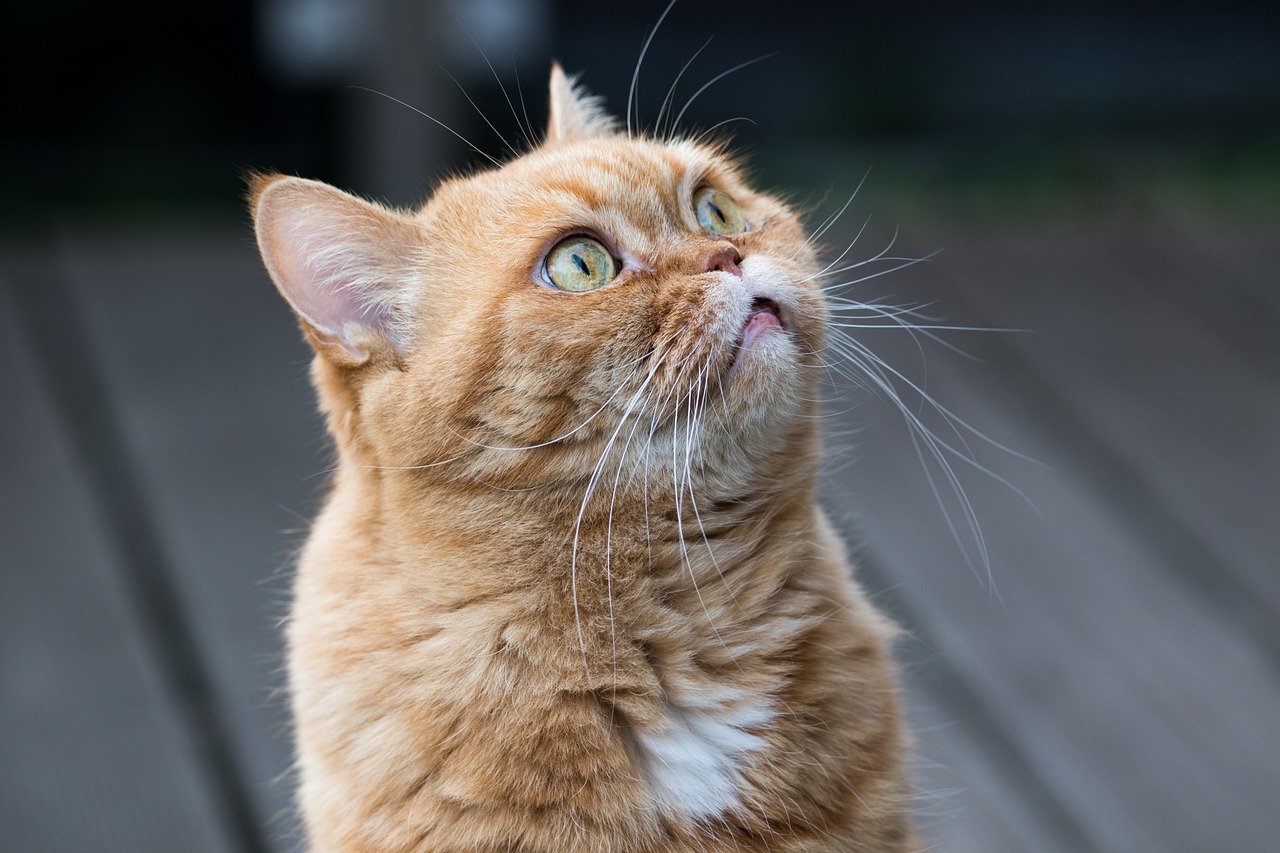
The comforting hum of a cat’s purr can work wonders for a troubled mind. If your cat ramps up their purring when you’re feeling uneasy, it’s no coincidence. Cats purr not just for themselves, but also for their humans, especially when they sense stress or sadness. Their purring acts like a warm, fuzzy blanket, wrapping you in tranquility. While you may not notice your own anxiety right away, your cat’s increased purring is their gentle way of saying, “I’m here for you.” Over time, you may start to associate this soothing sound with comfort and care.
They Gaze Deeply into Your Eyes

Have you ever caught your cat staring at you with those wide, unblinking eyes? This isn’t just idle curiosity. Cats often gaze at their owners to assess their mood. When you’re upset, your cat may hold your gaze for longer, as if trying to understand what’s wrong. It’s almost as if they’re trying to communicate without words, offering empathy through their expressive eyes. These moments of eye contact can feel intense, but they’re actually your cat’s way of connecting with you on a deeper level, often before you’ve even acknowledged your own feelings.
They Bring You Their Favorite Toy

Out of nowhere, your cat appears with a treasured toy in their mouth, dropping it at your feet or on your lap. This gesture, while adorable, is loaded with meaning. Cats often bring gifts to those they care about, especially when they sense distress. It’s as if they’re saying, “This makes me happy—maybe it will help you too.” You might not realize you’re upset until you notice your cat’s attempts to cheer you up with their most prized possessions. Their thoughtful offering is a clear sign they’re attuned to your emotions.
They Meow Softly or Change Their Vocalizations
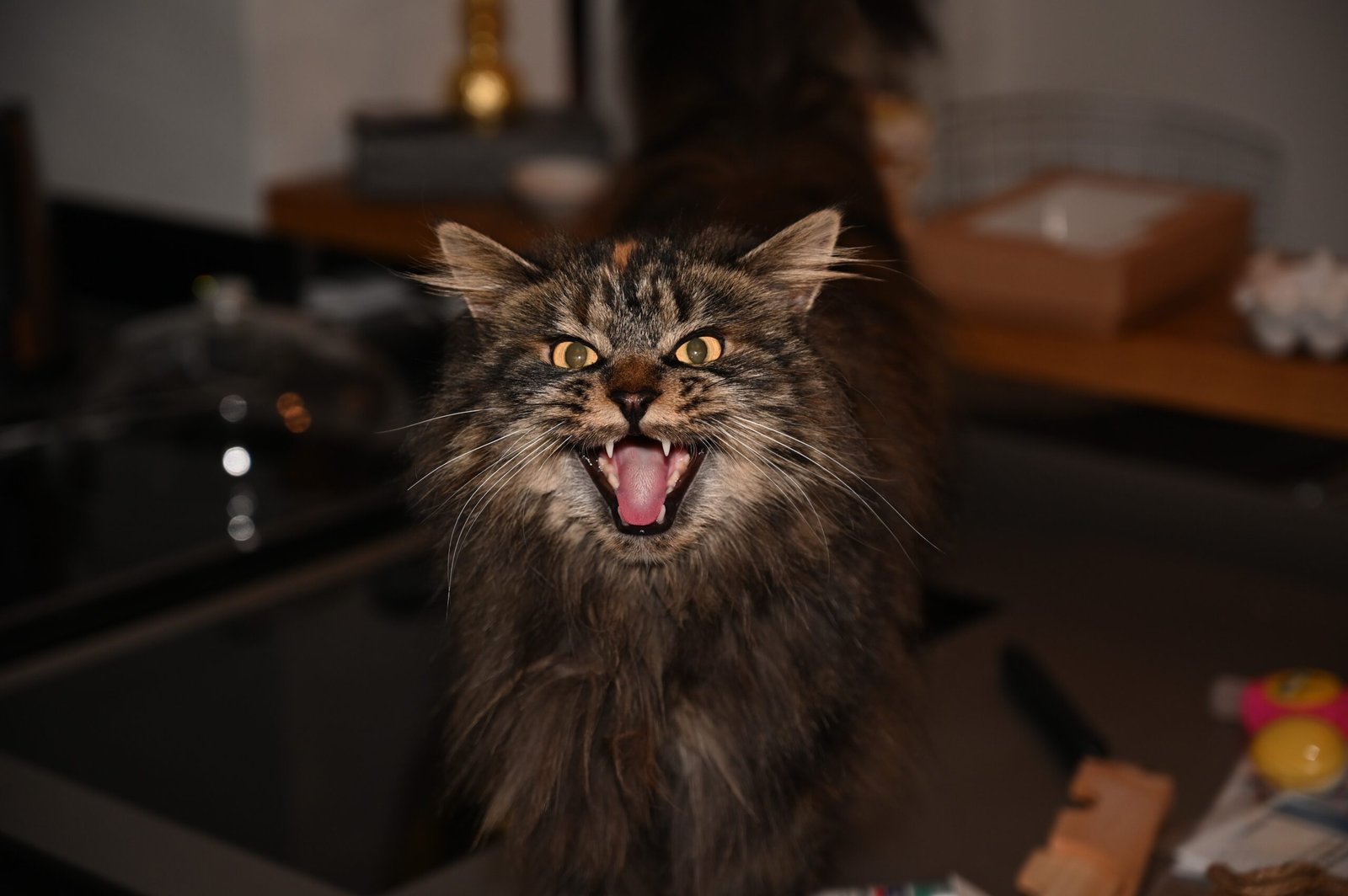
A cat’s meow can be surprisingly expressive. When you’re feeling off, your cat may adjust their vocalizations—meowing more softly, chirping, or even using a tone you don’t hear often. These subtle shifts are their way of reaching out, trying to engage with you in a way that feels comforting. You might dismiss it as just another meow at first, but if you listen closely, you’ll notice the tenderness in their voice. It’s their attempt to break through your emotional fog and let you know they’re there for you.
They Rub Against You More Frequently

When a cat rubs their head or body against you, it’s more than just marking territory. During times when you’re upset, your cat may increase this behavior, seeking to comfort both you and themselves. This physical contact is a form of bonding, releasing soothing pheromones that help you feel grounded. The repetitive motion and gentle pressure can be incredibly calming, even if you haven’t consciously acknowledged your emotional state. Your cat’s instincts are at work, offering reassurance through touch.
They Watch You from Across the Room
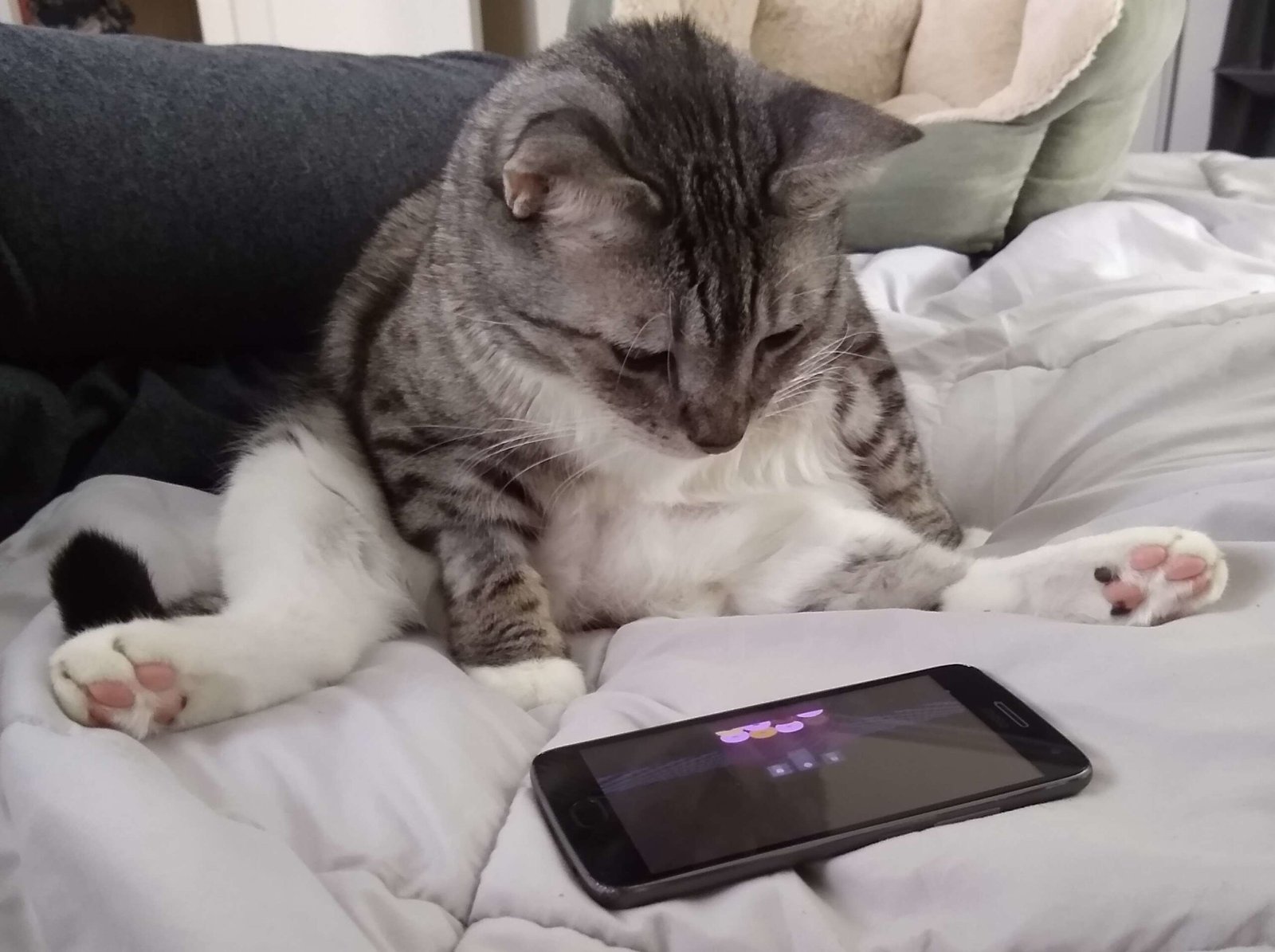
Sometimes, your cat won’t approach you directly, but instead will observe you from a distance. They might perch on a nearby chair or windowsill, keeping a watchful eye on your movements. This behavior might seem aloof, but it’s actually their way of monitoring your mood. Cats are highly observant creatures, and they often prefer to give you space while still being present. Their quiet vigilance is a subtle sign they’re tuned in to your feelings, often before you’ve made sense of them yourself.
They Interrupt Your Negative Patterns
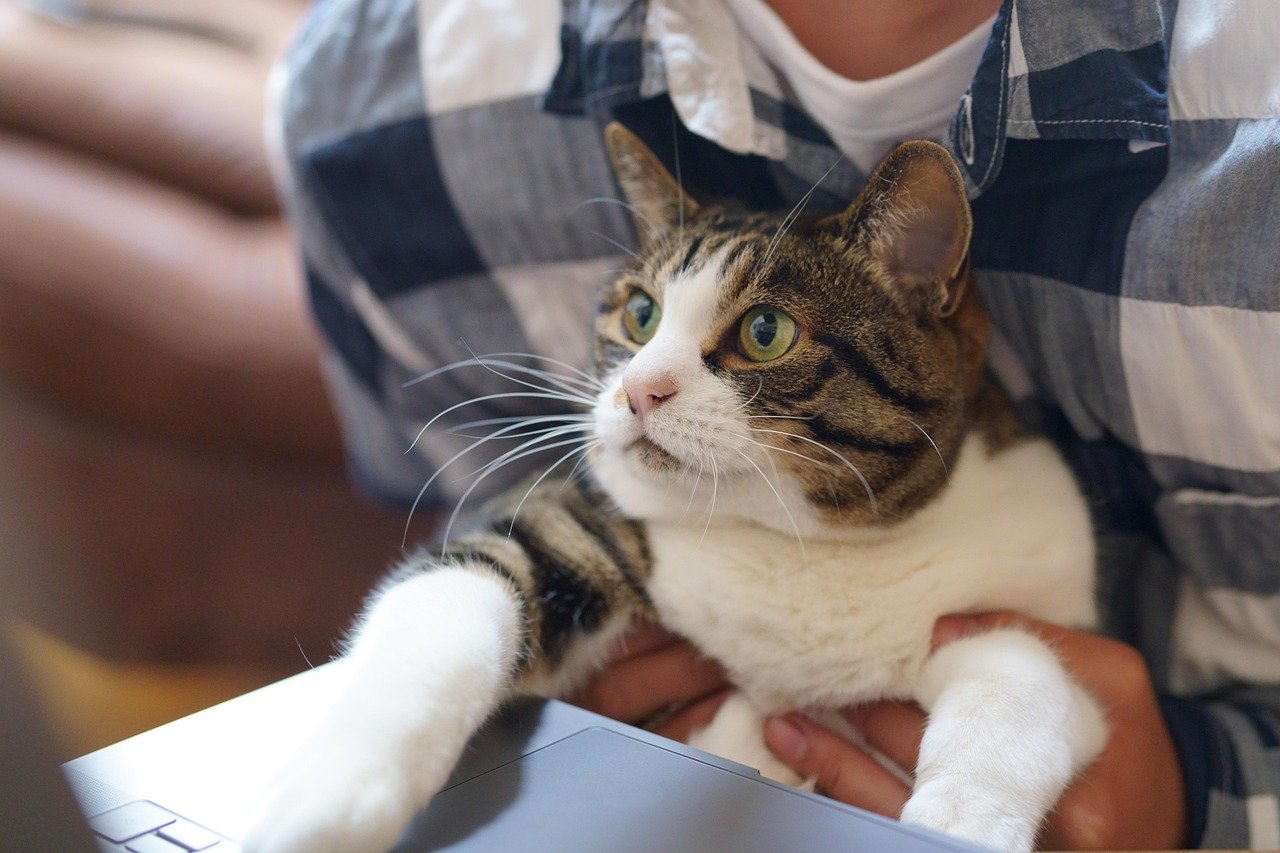
Picture this: you’re lost in a spiral of negative thoughts, and suddenly your cat jumps onto your keyboard or nudges your hand. What seems like a random interruption is actually a well-timed intervention. Cats often disrupt their owner’s routines when they sense something is wrong, breaking the cycle of sadness or stress. These interruptions can be a wake-up call, snapping you out of your funk and forcing you to focus on something else. Your cat’s playful antics are their way of helping you regain perspective.
They Sleep Next to You When You’re Down
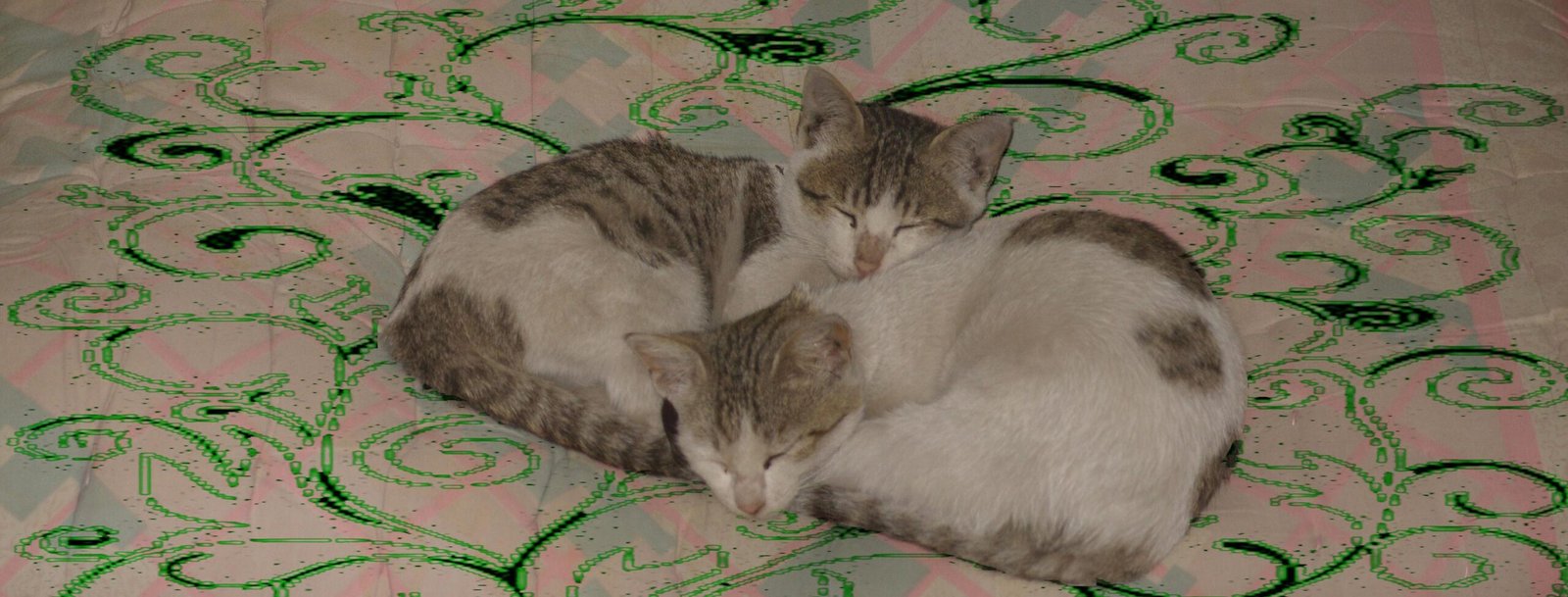
Cats are notorious for choosing unusual sleeping spots, but when you’re feeling low, they often make a beeline for your side. Curling up next to you or even on top of you, they offer warmth and comfort through their presence. This is more than a coincidence—cats are drawn to your emotional energy and seek to provide solace. Their soft purrs and rhythmic breathing can create a cocoon of calm, helping you process your emotions more gently. Their instinct to snuggle close is a powerful testament to their empathy.
They Become Extra Playful to Distract You
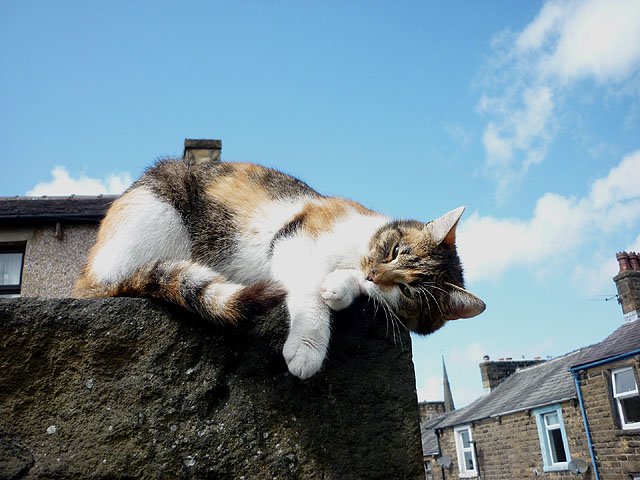
On days when you’re feeling blue, your cat might suddenly become more playful, chasing shadows or pouncing on imaginary prey. This burst of energy is often their way of lightening the mood and drawing you out of your shell. Cats are natural entertainers, and they use play as a tool to lift your spirits. Their antics can be downright hilarious, coaxing a smile or laugh when you least expect it. Through play, your cat helps you reconnect with joy, sometimes before you’ve even realized you needed it.
They Avoid Loud Noises to Keep the Peace

If your cat normally doesn’t mind a bit of noise, but suddenly becomes quieter or avoids loud sounds when you’re upset, it’s no accident. Cats are incredibly sensitive to the emotional climate of their environment. When they sense your distress, they may go out of their way to create a peaceful atmosphere, minimizing chaos and allowing you space to recover. This considerate behavior is their way of showing respect for your feelings, offering you a sanctuary in your own home.
They Gently Touch Your Face or Hands
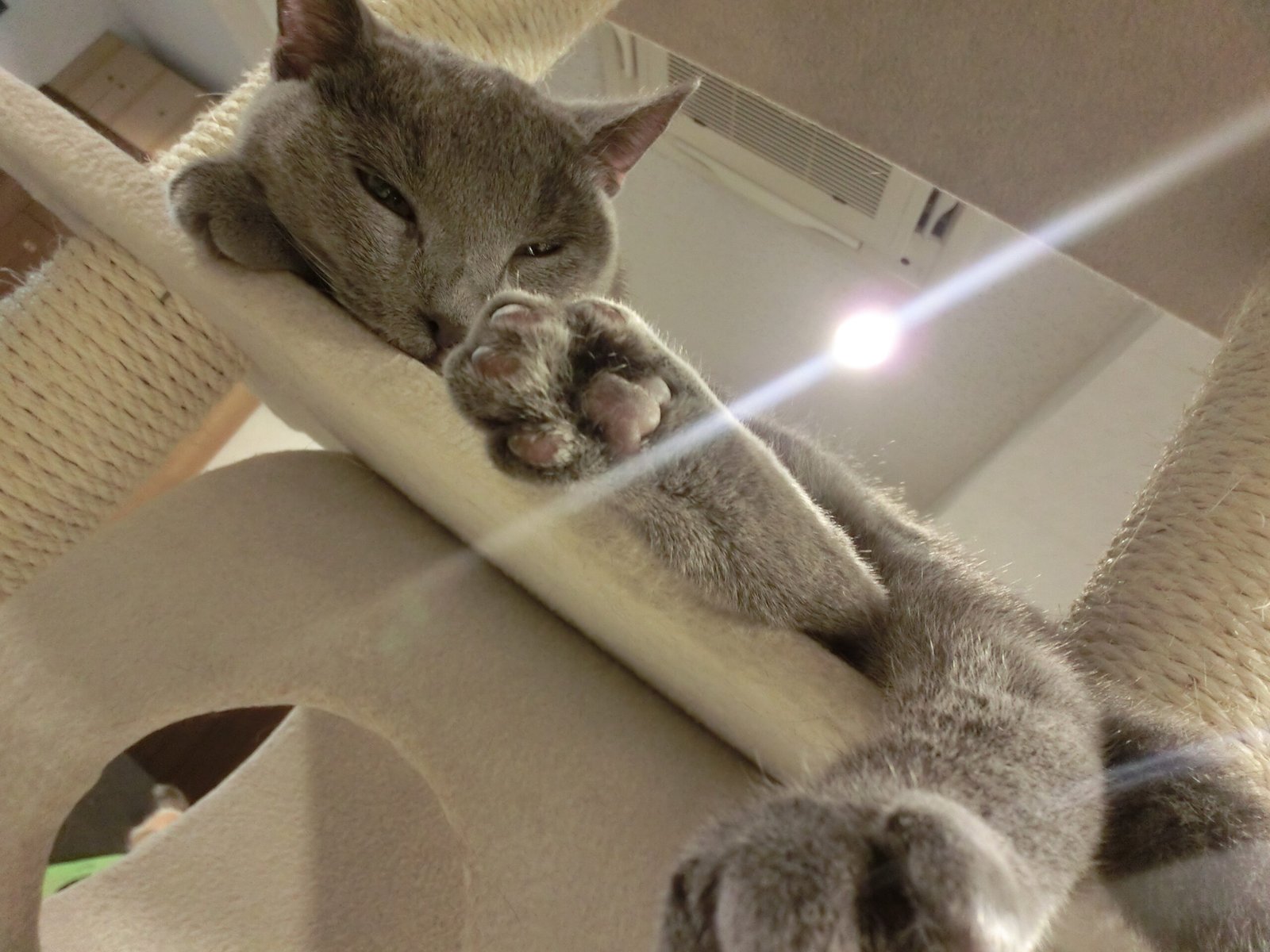
Some cats reach out with a paw to touch your face or hands when they sense you’re upset. This gentle contact can feel like a reassuring pat from a friend. It’s a simple gesture, but it carries a world of meaning—your cat is acknowledging your pain and offering comfort. These moments of touch can break down emotional barriers, making it easier for you to process your feelings. Your cat’s tenderness serves as a reminder that you’re not alone, even in your most vulnerable moments.
They Slow Blink at You

A slow blink from a cat is often described as a “kitty kiss.” When your cat senses you’re upset, they may use this gesture to communicate trust and affection. Slow blinking is a sign of relaxation and love, and when your cat offers it during your tough times, it’s their way of reassuring you. This simple act can be surprisingly comforting, creating a sense of connection that transcends words. It’s a subtle reminder that your bond is deep and meaningful.
They Sit on Your Belongings
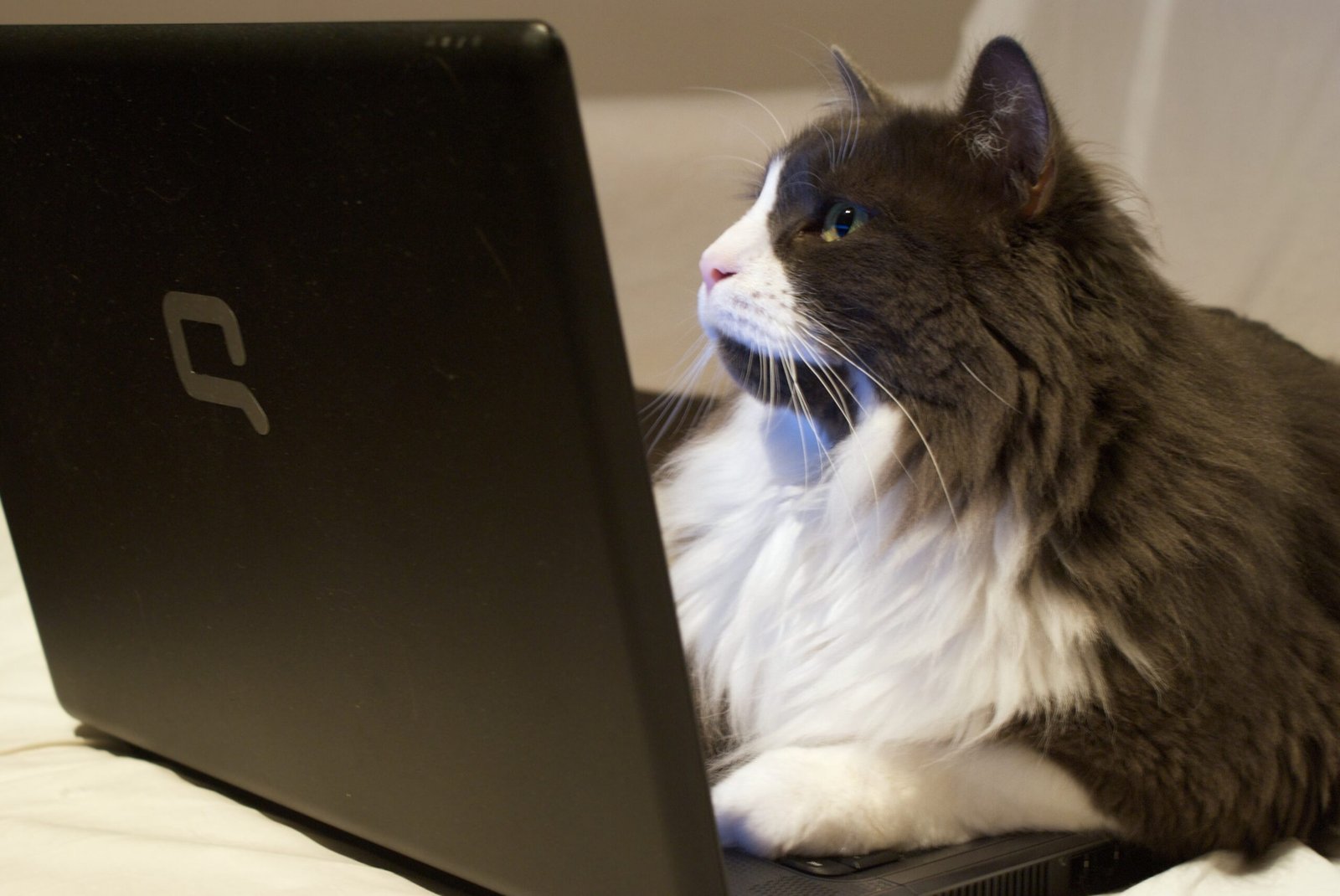
Ever notice your cat sitting on your laptop, book, or even your pile of laundry when you’re upset? This behavior, while sometimes frustrating, is actually a sign of caring. Cats know that your belongings carry your scent, and by sitting on them, they’re trying to be close to you—even if you’re not physically present. This quirky habit is their way of offering support, ensuring you feel their presence during difficult times.
They Groom You with Gentle Licks

Grooming is an intimate gesture in the cat world. When your cat licks your hand, face, or hair, they’re treating you like one of their own. If they do this more often when you’re upset, it’s their way of nurturing you. The sensation of their rough tongue can be oddly comforting, reminding you of the strong bond you share. This act of grooming is a powerful display of love and empathy, soothing your emotions in ways words cannot.
They Mirror Your Mood

Cats are natural mimics, and they often reflect the emotional atmosphere around them. If you’re feeling down, you might notice your cat becoming more subdued as well. They may move more slowly, speak less, or simply lounge nearby in silence. This mirroring behavior is their way of saying, “I’m with you.” It creates a sense of solidarity, letting you know that it’s okay to feel what you’re feeling. Your cat’s empathy helps you feel seen and understood.
They Hide Less and Seek You Out
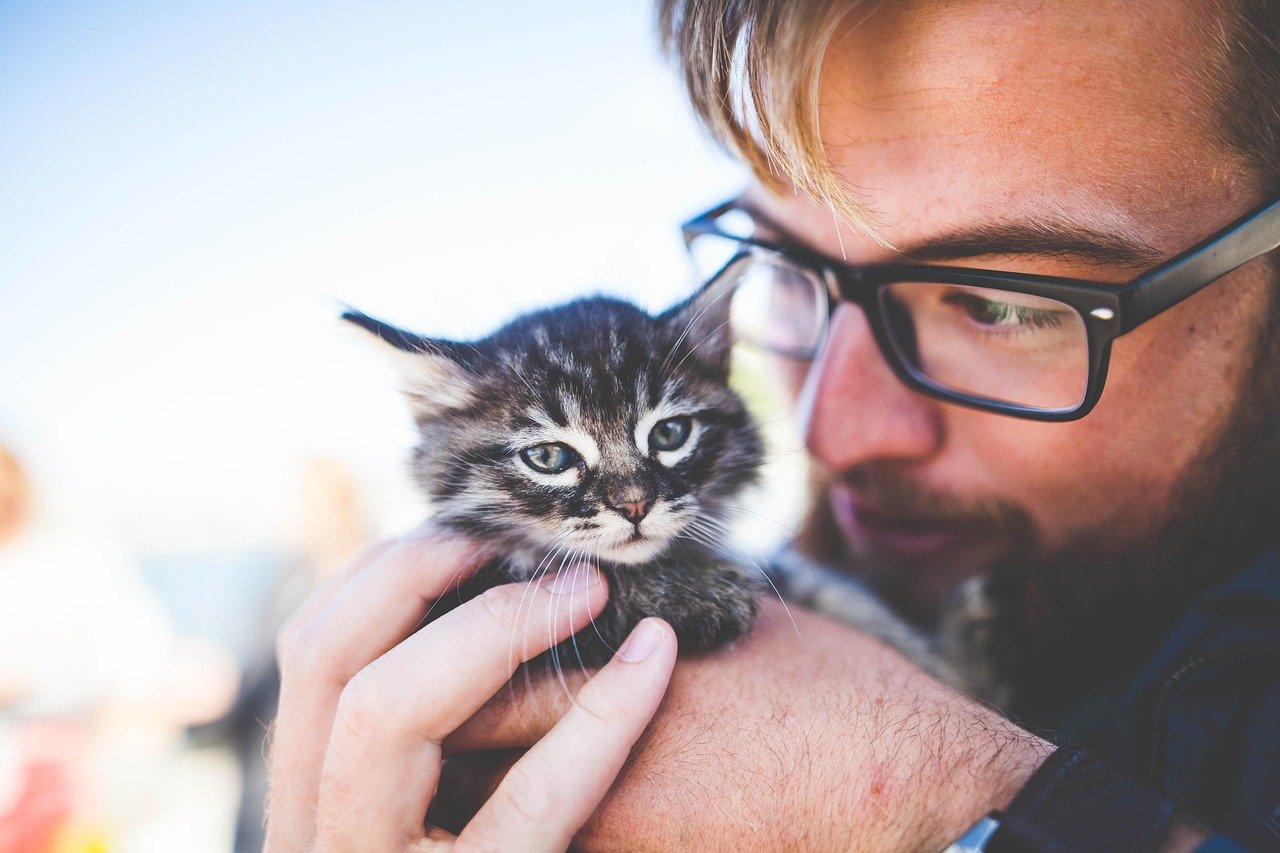
Some cats are naturally shy or prefer quiet corners of the house. However, when you’re upset, even the most elusive kitty may come out of hiding to be near you. This change in behavior is a clear sign they’re responding to your emotional needs. It’s their way of putting aside their own comfort to offer you companionship. Their willingness to step out of their comfort zone speaks volumes about the depth of their bond with you.
They Offer a Soft, Comforting Presence
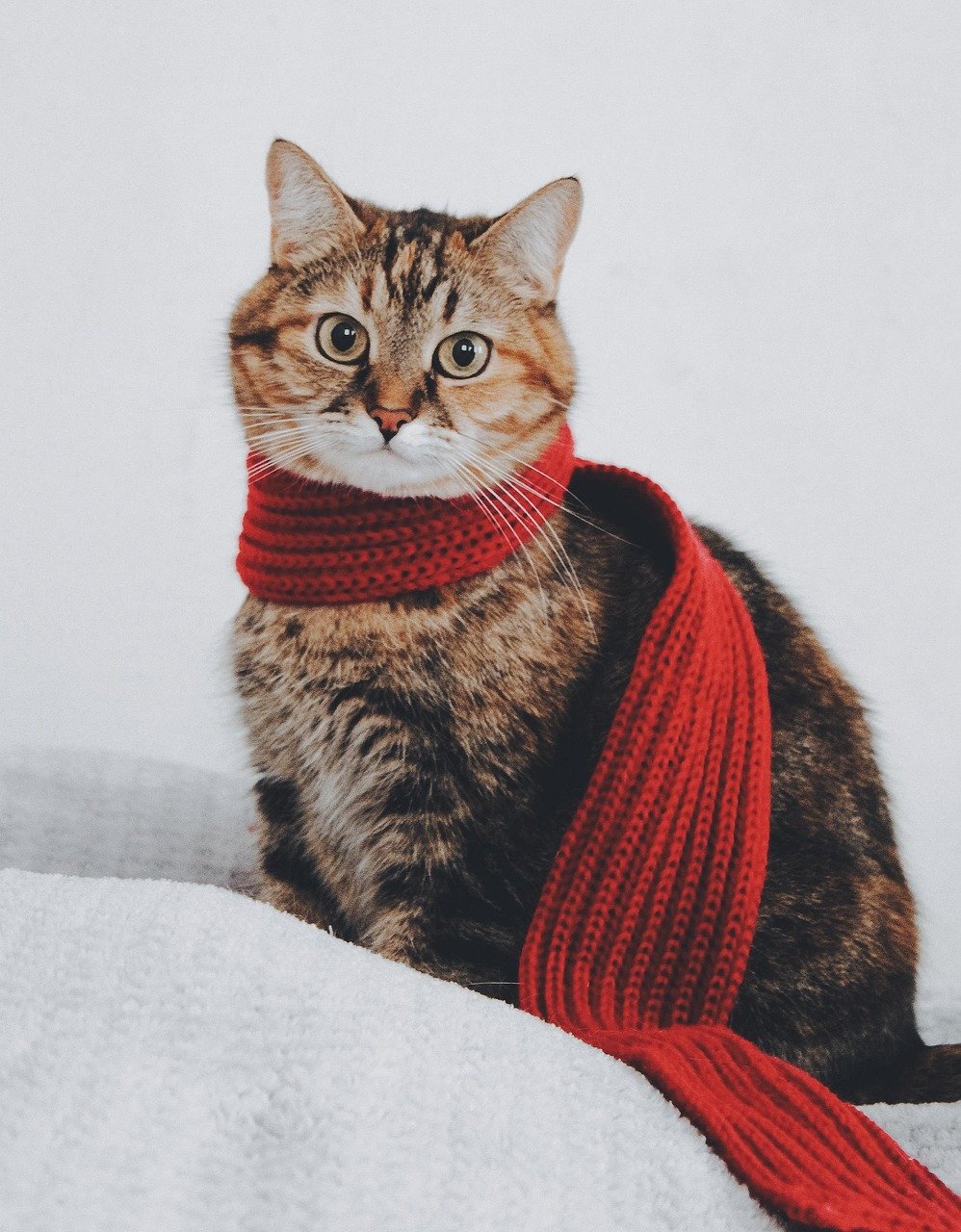
When you’re upset, your cat’s mere presence can be incredibly soothing. They might not do anything dramatic—just sit quietly next to you, exuding calm and serenity. This gentle companionship can be more effective than any words or gestures. Their quiet presence provides a sense of security, reminding you that you’re not alone. Sometimes, all you need is to know that someone cares, and your cat delivers that comfort effortlessly.
They Watch Your Face for Emotional Cues

Cats are masters at reading human faces. When you’re upset, you might notice your cat watching you intently, as if searching for clues about how you’re feeling. They pay close attention to your expressions, picking up on even the slightest frown or tear. This attentive gaze is their way of staying connected, making sure they’re there for you when you need them most. Their ability to read your emotions is nothing short of remarkable, deepening the bond you share.
They Respond to Your Tears with Concern

One of the most touching moments is when your cat reacts to your tears. Whether they come over to nuzzle you, sit close, or simply watch with concern, their response is sincere. They may even try to lick away your tears or purr softly in your ear. This compassionate reaction is a testament to their empathy, showing they truly care about your well-being. In those moments, your cat becomes more than just a pet—they become a true friend, offering comfort when you need it most.
Hi, I’m Bola, a passionate writer and creative strategist with a knack for crafting compelling content that educates, inspires, and connects. Over the years, I’ve honed my skills across various writing fields, including content creation, copywriting, online course development, and video scriptwriting.
When I’m not at my desk, you’ll find me exploring new ideas, reading books, or brainstorming creative ways to solve challenges. I believe that words have the power to transform, and I’m here to help you leverage that power for success.
Thanks for stopping by, Keep coming to this website to checkout new articles form me. You’d always love it!






